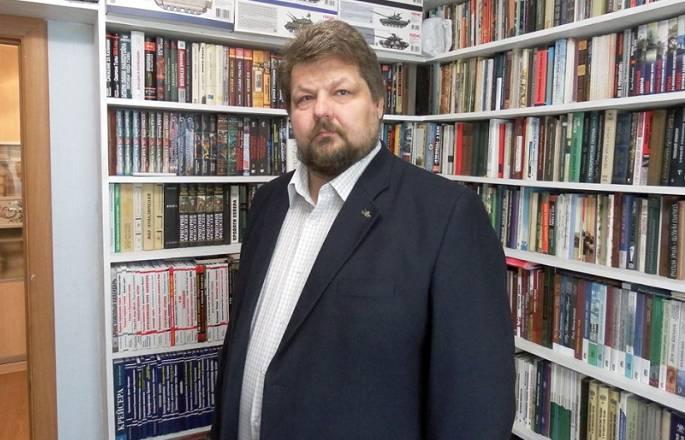Arms race: Armenia must concede to Macron’s demands Expert insights
"The process of arming Armenia continues at an alarming pace," stated Azerbaijani President Ilham Aliyev in an interview with Russian television, expressing serious concern in Baku over the developments. This is primarily because Azerbaijan sees the rearming of Armenia as closely linked to the signing of a peace agreement, viewing the two as interconnected.
According to the president, the arms race initiated by Armenia is a dangerous path, one that Yerevan will struggle to sustain. This is despite the fact that much of Armenia’s weaponry from the West is either provided free of charge or on credit. "They should not forget the outcomes of the Second Karabakh War and the anti-terror operation of September 2023," the Azerbaijani president added.
What is motivating Yerevan to pursue an arms race and seek revenge? Whose backing does it hope for, and which patrons does it rely on? These are the questions that Caliber.Az reached out to Russian experts to explore.

According to military expert Alexei Khlopotov, Armenia simply lacks the resources and funds to sustain an arms race.
"Armenia's drift towards the West is an obvious phenomenon, especially after Prime Minister Pashinyan's statements about freezing relations with the Collective Security Treaty Organization (CSTO). In my view, the Armenian Prime Minister has essentially made it clear that there is no turning back. So, it seems that Armenia must align with someone and entrust its defence to them. As a 'shelter,' Armenia has chosen France, but it is clear that such deals cannot be one-sided. Yerevan will also have to make concessions to satisfy the demands of Paris and Macron," believes Khlopotov.
He suggests that Armenia's purchase of French weaponry is, in essence, a form of payment for political protection.
"French arms supplies to Armenia won’t change anything," Khopotov argues. "To put it simply, purchasing 100 guns and 300 tanks won’t alter the balance of power compared to Azerbaijan’s military potential. Azerbaijan’s capabilities are far superior, and when you factor in its cooperation with Turkey and Israel, Armenia’s efforts, despite its new military budget, are virtually laughable. Therefore, a new war with Azerbaijan, an attempt to challenge Baku through force, seems utterly pointless, even for the most revanchist factions in Armenia. This is more about internal propaganda. The population is being shown that Armenia, despite its military failures, has reshaped its policy and can resist threats using Western weaponry."
He adds, "I believe the signing of a peace treaty will be delayed because Armenia still harbours certain revanchist sentiments. There are brainwashed ultra-patriots both in Russia and Armenia, and such individuals undermine all peace initiatives."

Blogger and editor-in-chief of the "Poistini" portal, Ruslan Aisin, believes that, unfortunately, Yerevan continues to pursue its attempts at revenge, finding new patrons who are encouraging Armenia's political leadership to persist in its policy of hatred and escalating tensions with Azerbaijan.
"Although it is clear to everyone that Armenia is not capable of challenging Baku militarily or politically, because the forces are unequal and Azerbaijan is far stronger, more organised, more mobile, and, most importantly, has international law and moral superiority on its side. This, of course, worries certain forces that want to use Armenia to counter Azerbaijan's progress and prevent peace in this key region of Eurasia. France, in order to achieve these goals, is now taking on a protectorate role over Yerevan, including in financial matters. But the problem is that no matter how much money is pumped into Armenia, it's unlikely to have much effect. We know that all such investments in Armenia are embezzled," he said.
Yerevan lacks both the human and legal resources to pursue such a course, Aisin argues, because otherwise, it would appear as direct aggression against Azerbaijan—essentially, an act of war. In that case, Armenia would undoubtedly suffer a crushing defeat, and the viability of the Armenian state as a whole would come into question.
"I fear that not everyone in Armenia’s leadership fully grasps the gravity of this madness and the potential consequences of such provocation. The money currently being actively invested in these escalation efforts and rearmament could have been better spent on normalising infrastructure, improving industry, raising the standard of living for the population, and so on. But unfortunately, we see that Yerevan’s patrons have chosen a different path, and this path is disastrous for Armenia," Aisin said.








